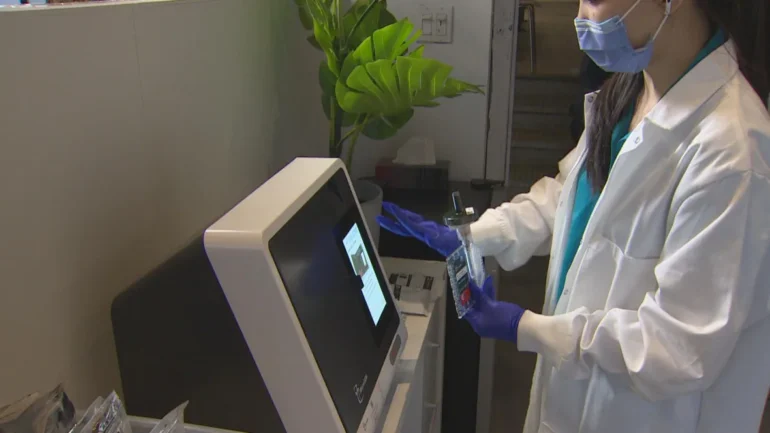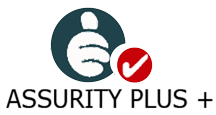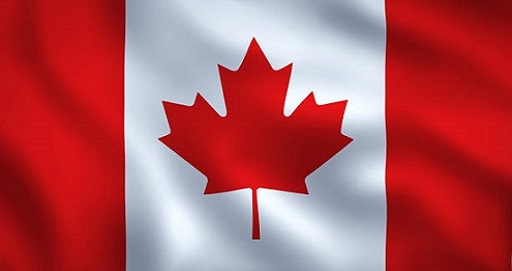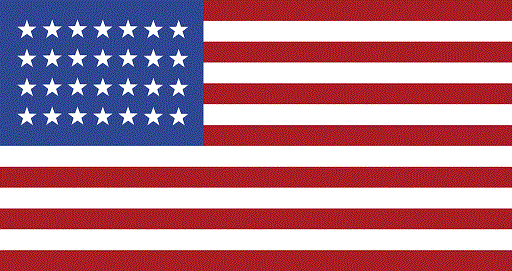- Your cart is empty
- Continue Shopping
Saliva-based COVID-19 test approved by Health Canada could reduce discomfort of nasal swab

Test received Health Canada approval, but doctor says he wants to see more data
Early during the pandemic, Neil Saxvy’s son Matthew broke his arm and had to go to the hospital.
Because of COVID-19, he needed a PCR test, which meant an eye-watering swab high up in his nostrils. The young boy did not enjoy the experience.
“Ever since then he’s wanted nothing to do with the test,” Saxvy said.
It’s made testing — which occurs pretty regularly for kids in school settings over the course of years-long pandemic — more of a hassle.
But on Saturday, the entire Saxvy family, including wife Anita and daughter Leah, did a much less invasive PCR test in Toronto. This one involved spitting into a cup and feeding their saliva into a machine.
“Pretty simple,” Saxvy said, “as long as you get enough sample.”
- Do you have a coronavirus question or news tip for CBC News? Email us at ask@cbc.ca
The test is the Sal680, a saliva-based PCR from MicroGEM US, Inc. that yields results in 30 minutes. It received Health Canada authorization last month.
“It’s just a lot easier, a lot more comfortable than a nasal test,” said Caullyn Godfrey, business development manager at Strato Labs, which offers several different types of COVID-19 tests including the saliva-based PCRs.
- Ontario’s 7th wave of COVID-19 has peaked, says top doctor
- Health Canada warns of fake COVID-19 test kits after some found in Ontario
Most of Strato Labs’ clients are actors and who need to be tested quite frequently in order to do their jobs. For those with “high sensitivity to nasal swabs,” Godfrey said a spit test helps reduce inflammation and discomfort.
So far, he said the device has been used to test “a handful of people” repeatedly. He expects about 20 per cent of Strato Lab’s business over the next three months will come from the saliva PCR, which currently costs $145.
Dr. Santiago Perez, an infectious diseases physician and assistant professor at Queen’s University, said he could see the test being incredibly useful in settings where repeated testing is required — such as hospitals, long-term care centres, schools, and daycares.
Still, he said, “I would like to see the comparison with both antigen and PCR tests and also in relation to the new variant.”

Health Canada has approved the device, but professionals have not yet had a chance to analyze the data more closely.
“I would like to see more data,” Perez said.
The Ontario Ministry of Health did not respond to an inquiry from CBC Toronto about Health Canada’s authorization or whether the province might use these tests in the future, potentially for students when they return to school next month.








